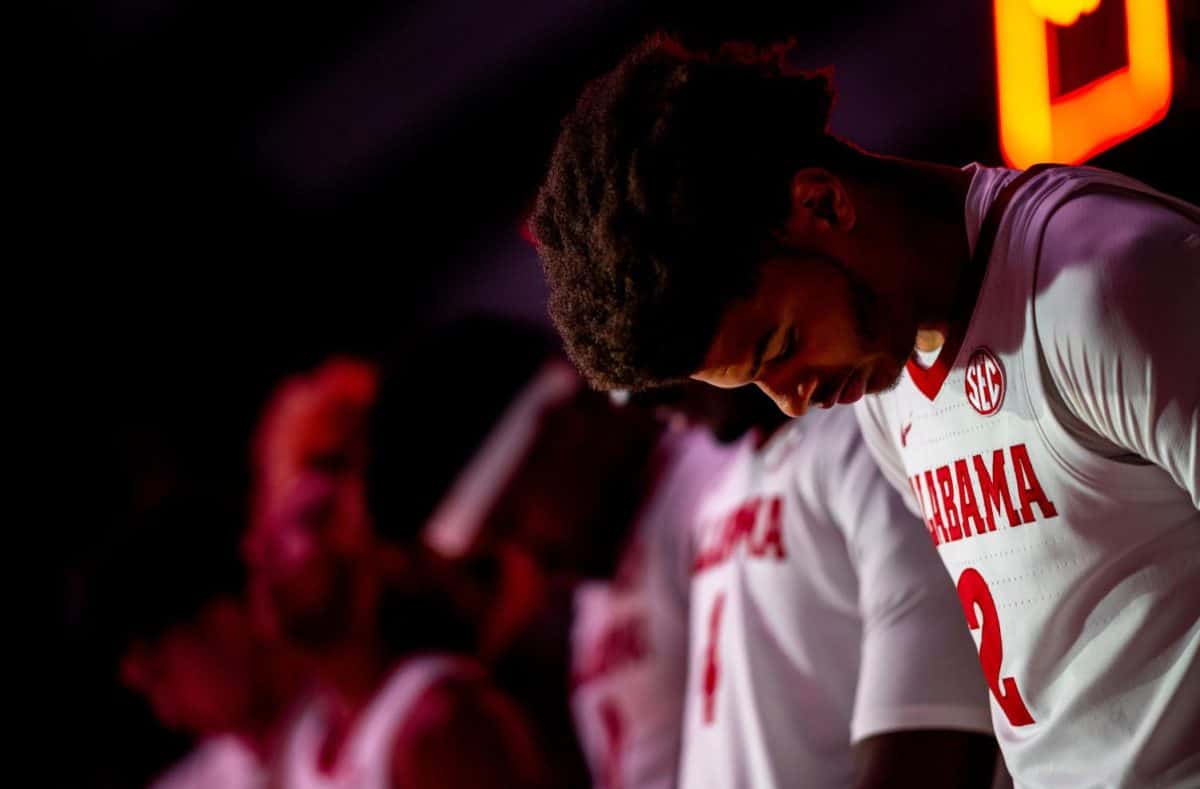We all know the girl or boy who does not return to college after freshman year, or even fall break. Maybe they had an anxiety attack, became too depressed or too stressed to handle their coursework and maintain emotional stability. Plenty of times, this student was a high achiever in high school, possibly even the valedictorian. They received a generous scholarship and were off to a bright and promising future. Along the way, something happened: rush ended disastrously, they broke up with their high school sweetheart or they could not manage the responsibility of the freedoms that come with college.
College is one of the most stressful times in our lives. Typically, it is the first time we are away from our families for extended periods of time, the first time we have real responsibility and a time of intense mental stress. All of these circumstances combined can lead students to have depression and anxiety. Anxiety and depression amongst college students is a real, growing problem, and it is not something students should be ashamed of or embarrassed to discuss. According to a June 2013 survey by the American Psychological Association, anxiety and depression are the two mental disorders that affect college students most with 41.6 percent and 36.4 percent, respectively.
In our culture, the term “mental illness” carries a negative connotation with it. We are embarrassed by the possibility of even having a mental illness and uncomfortable of admitting it. College students, especially during their freshman year, are trying especially hard to fit in, and in doing so, may try to hide anything that may be wrong or embarrassing about them.
In a recent study at Northwestern Medicine, researchers found that 25 percent of patients at university health centers with a cold or sore throat have depression. Similar studies also show depression is on the rise with college students. The Mayo Clinic defines depression as an “illness that causes a persistent feeling of sadness and loss of interest,” and college depression as “depression that begins during college.”
Choices ranging from choosing a major and career path, to choosing whether or not to experiment with drugs or even whether or not to study for a test, can lead to consequences that affect the rest of a student’s life. The weight of all these choices, combined with the weight of all the work required of the 21st century scholar, can lead to depression or anxiety.
Often, stress, depression and anxiety can be managed. The University of Alabama offers many resources to help. The Counseling Center offers one-on-one counseling sessions as well as support groups. Discussing your problems with trusted friends and family is also a good way to deal with these issues. However, it is important to recognize that usually, your friends do not have the training to help you deal with more serious problems. Mental illness and personality disorders are real illnesses that are treatable. Just as we exercise to avoid obesity, students should engage in physical activities like jogging to avoid depression and deal with stress. Of course, students should not hesitate to talk to a counselor or doctor about their health concern.
John David Thompson is a sophomore studying piano performance. His column runs biweekly.






